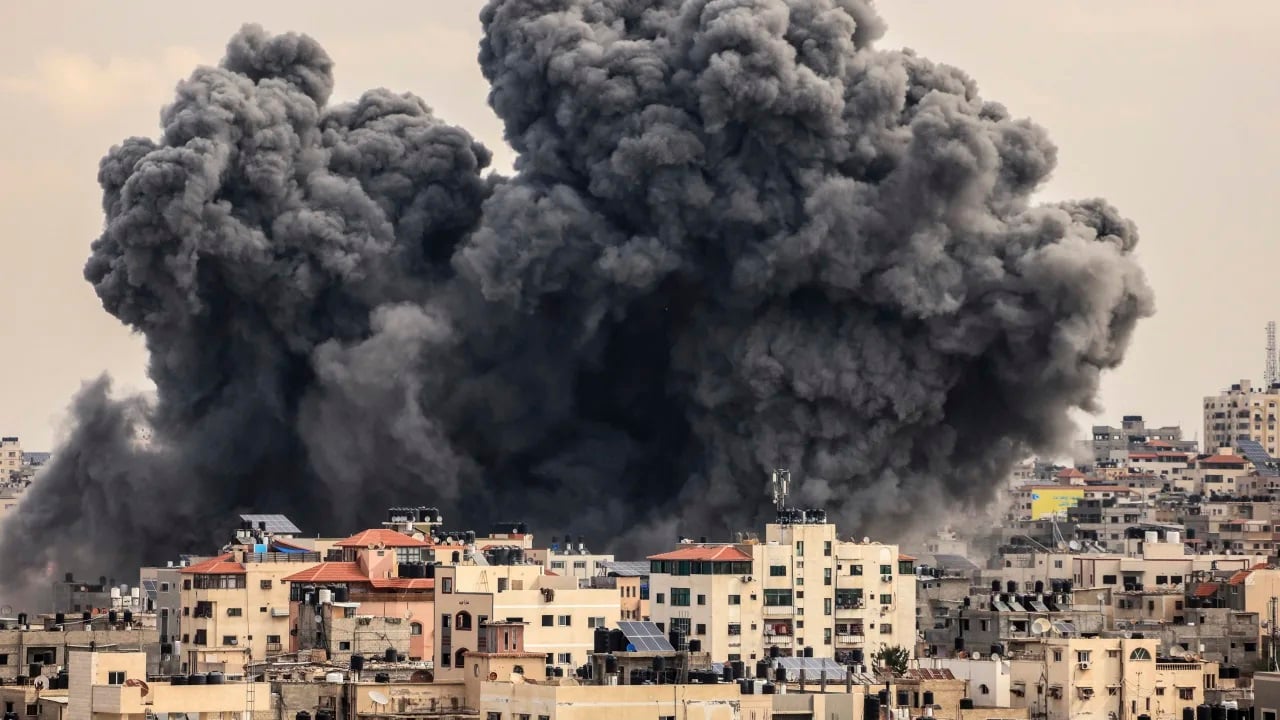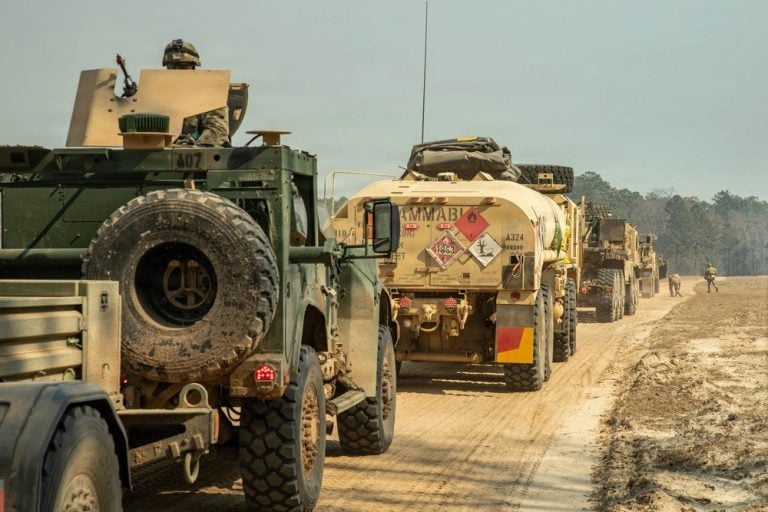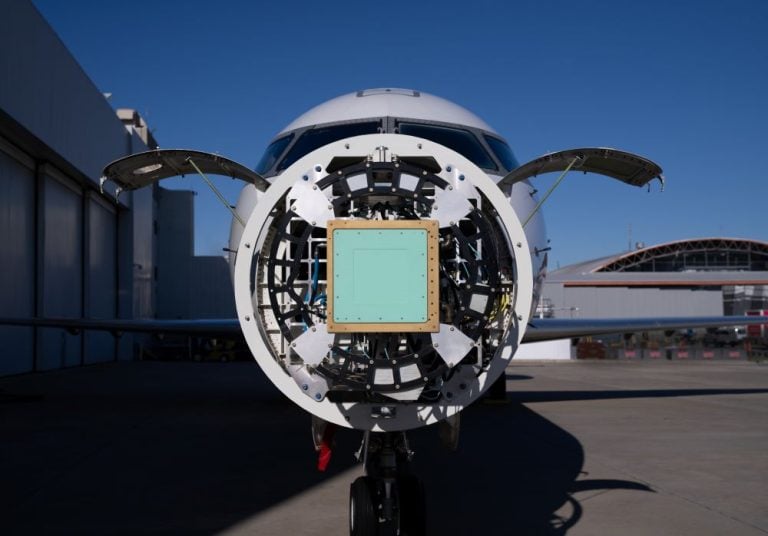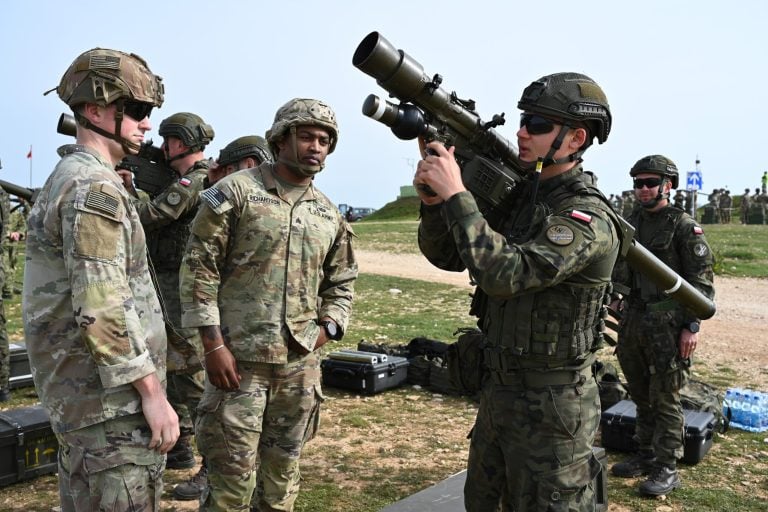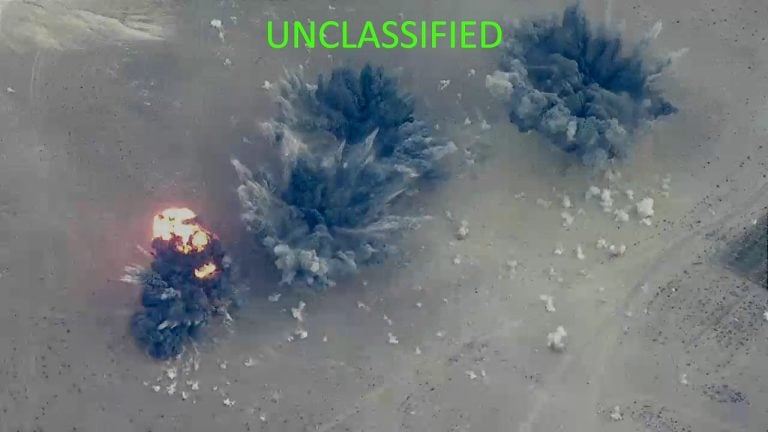Israeli forces carried out an airstrike on a residential tower in Gaza City on Sunday, marking a significant escalation in military operations in the densely populated urban center. This action occurred shortly after Prime Minister Benjamin Netanyahu announced that the military was intensifying its offensive against Hamas, the ruling militant group in the region.
The Israeli Defense Forces (IDF) reported targeting the Al-Roya Tower, claiming it was being used by Hamas to monitor troop movements. According to the IDF, they had issued evacuation orders for residents of the tower and nearby areas, urging them to seek refuge in the Al-Mawasi “humanitarian zone” located in Khan Yunis. However, the military’s insistence that the building housed militant operations has been contested by Hamas, which denies utilizing residential structures for military purposes.
The recent strike on Al-Roya Tower was not an isolated incident; it was the third high-rise building targeted by Israeli forces within three days. Reports from Al-Quds hospital indicated that at least one individual lost their life as a result of the attack. Eyewitness Mohammed Al-Nazli described the bombing as “feeling like an earthquake,” adding that the building was utterly destroyed.
During a cabinet meeting earlier that day, Netanyahu emphasized the need to escalate military efforts, stating, “We are deepening the maneuver on the outskirts of Gaza City and within Gaza City itself,” while asserting that the objective was to dismantle terrorist infrastructure. He claimed that up to 100,000 residents had already fled Gaza City and accused Hamas of hindering evacuation efforts and using civilians as “human shields.”
The continuous Israeli airstrikes have raised serious concerns about the deteriorating humanitarian situation for the Palestinian population. Just days before the airstrike on Al-Roya Tower, the Israeli air force conducted bombings on two other residential high-rises, under similar claims regarding their use by Hamas.
As the military operations ramp up, anxiety is palpable among the remaining residents. Mustafa al-Jamal, a Gaza City resident, expressed his reluctance to evacuate, asserting that the alternative zone designated as “safe” had also been attacked frequently. He lamented the lack of resources, saying, “Where can we go? We have no money, no tent, no house, no food.”
In Israel, protests erupted as demonstrators urged the government to reconsider its strategy in Gaza City, out of concern for hostages believed to be held in the area. Protester Edith, who chose to withhold her full name, voiced her fears regarding the military actions, stating, “I am mortified by the fact that the Israeli army is conquering Gaza right now, for the hostages, for the soldiers, for the people in Gaza — this is a political war.”
As the situation unfolds, both the humanitarian toll and the political ramifications of the intensified military campaign remain to be seen, with the conflict increasingly drawing public scrutiny both domestically and internationally. The uncertainty looms over those still trapped in the conflict, as international calls for restraint grow alongside concerns for human safety in the region.
